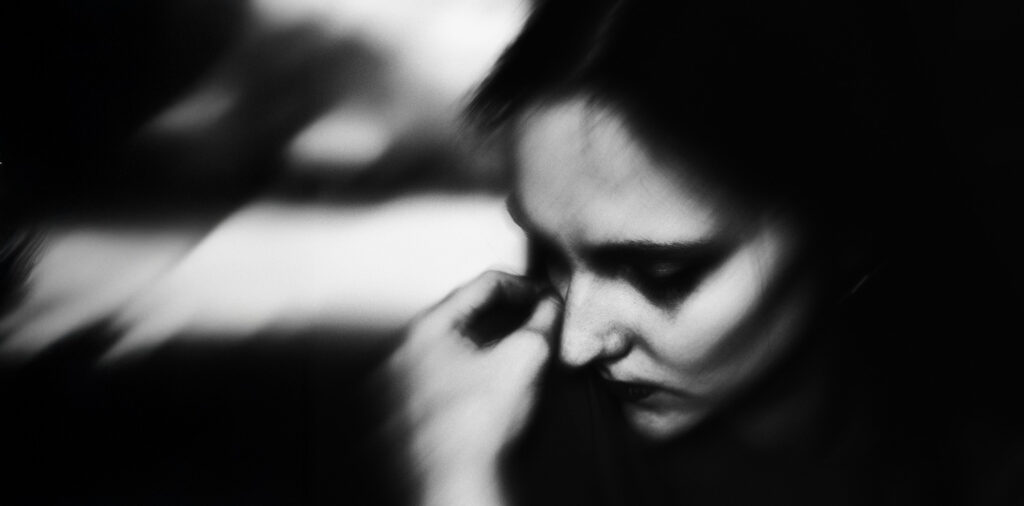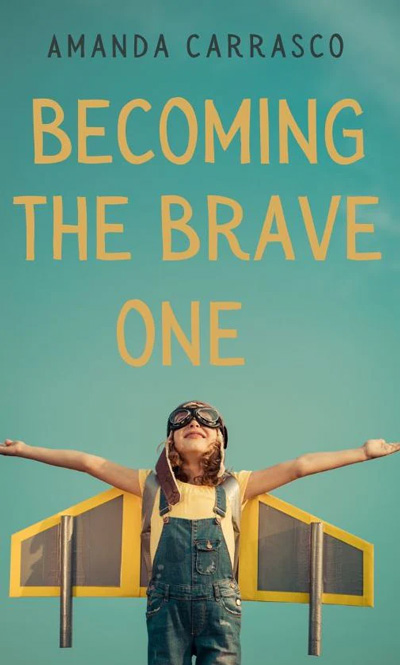
Estimated reading time: 6 minutes
One woman grapples with forgiveness following the devastating loss of her family; what she discovers is something different
—
My family was murdered when I was 16, and had I not fought with my sister and left, then I would not be here to write this. I was living with her when her husband decided, long in advance of that night, that he no longer wanted to be a husband and father. In his mind, the best way out of those obligations was to end our lives and pretend that someone else committed the crime. He would also then be able to collect the life insurance money from the policy they had just taken out.
My biological family was not a safe space, and I had already experienced sexual abuse by different perpetrators. My sister, Susan, (who was not biologically related) had legal custody of me at that point while my mom was gone with a boyfriend. Susan took great care of me and loved me deeply. She was my light in a lot of darkness. She believed in me when I didn’t believe in myself. She saw value in me and wanted healing and wholeness for us both. She was leading the way toward healing, and I was slowly following. I looked up to her and admired her. She was not perfect, but she was the perfect sister for me. Then she was gone.
If I think back to that time, I see blackness, like a vortex that took everything. I was emotionally numb because I couldn’t feel. There was so much pain that I was in a frozen state. There was too much for my body and mind to handle. I didn’t understand anything. It took them a few months to arrest her husband, and it took more after that for me to comprehend that he was the one who took them from us. I did not want to believe that. The entire thing was horrific, let alone the perpetrator of all that pain being someone we loved and who we thought loved us back.
Is it possible to forgive someone who murdered your family? It’s been 30 years, and that’s still a question I wrestle with, to an extent.
I cringe most often when I hear the word forgiveness. This is my impulse because it has been weaponized to force people who have been harmed into making them accept things they never should accept and dropping boundaries that should be reinforced with concrete. Victims have been made out to be the bad guys if they don’t forgive. People ask, Why can’t we just forgive and forget? Or at least, forgive and move on?
We can’t, because a surface-level forgiveness does not address the harm that was caused, and this can lead to more harm. People who push forgiveness more often just want to cover over what happened so they can carry on with their lives. Their insistence and pressure are for themselves.
Forget those people. They want a peace that means silence, not a peace that means wholeness. Forgiveness is about you and your journey.
I see unforgiveness as carrying the anger and negative feelings with you. I may not want to forgive someone, but I don’t want to carry all those other things either. I have worked very hard over the last 30 years to deal with the anger I carried from losing my family to murder. I am not comfortable saying that I forgive their murderer, but I know how much better my life is now that I am no longer carrying that additional load. I will always carry the pain, and that is enough of a burden. I don’t hate him like I used to. I used to wish he were dead. Now, I don’t wish him harm, I wish him accountability — to take ownership of what he has done and how brutally he has harmed the world, including mine. Hating him was making my life dark, and I didn’t want to continue living in the darkness that comes after such a devastating loss.
So, if not hating him or wishing him harm equates to forgiveness, then I guess you can say I forgive him, but that doesn’t mean there are not moments I don’t get angry — because I do. Having those moments and working through them is different than living in the hate. That is a toxic soup that no longer affects the other party, but it can have very negative effects on your life. There will always be triggers that bring up the loss, and I get angry that my sister is not here to help me when I need her. I know she would have been one of my best sources of support, because she was before she died. Her murderer continues to live his life, and my anger doesn’t hurt him.
I am at a place where I can accept that revenge will not give me the satisfaction I desire, because what I really desire is to have my loved ones back, and I can never have that. I don’t want the cycle of harm to continue. I want to be better than him in that regard.
So I feel my anger, and I acknowledge it. I address what has brought it up today. I sit with it for a time to validate that an injustice occurred and caused me irreparable harm. I hold space for it, then I lay it down and move forward so it does not come with me. I do that as many times as necessary. This has taken years of practice, and it will continue this way for the rest of my life. It was on my timeline, not anyone else’s. You can work on forgiveness when you are ready, but know that it’s about peace for you, not them. It’s making your load lighter, not theirs.
Depending on the circumstances, it could mean a reconciliation in the relationship, but it doesn’t have to. The goal is your freedom, and what comes as a byproduct of that is a bonus. Freedom is only possible with safe and healthy boundaries, which you need to determine for yourself. It’s your journey, not anyone else’s.
You may also enjoy reading Buried Alive: How Disconnecting with my Mother Finally Freed Me, by Bridey Thelen-Heidel
